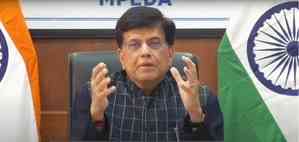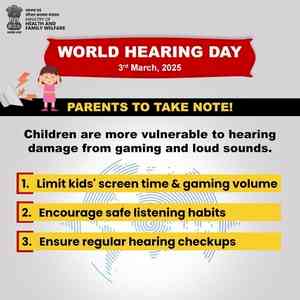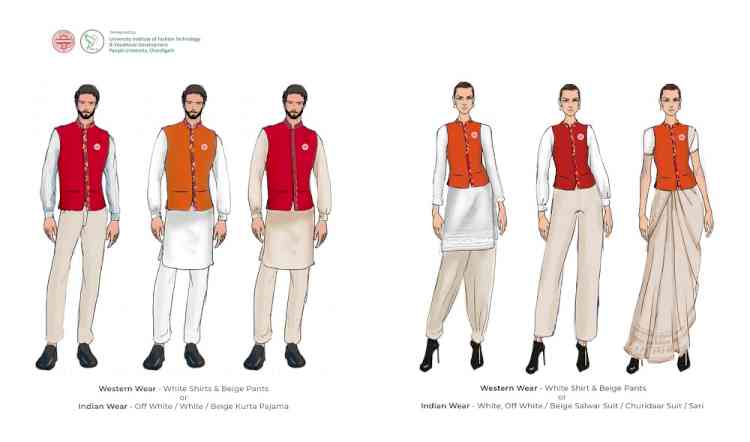Smartphone app helped people significantly lower their BP

New Delhi, Oct 16 (IANS) A three-year-long study involving nearly 28,000 adults has shown that a smartphone app and a connected monitor were able to help them significantly lower their blood pressure.
The programme, called Hello Heart, let people track their blood pressure, weight, and physical activity and offered tips on how to manage blood pressure.
After one year of using the programme, over 85 per cent of people with stage 2 hypertension had reductions in their systolic pressure, which stayed at lower levels over the course of three years, according to the study published in the journal JAMA Network Open.
Most participants achieved and maintained lower blood pressure during a follow-up period that lasted as long as three years, said the researchers.
"This is the first peer-reviewed, published study reporting the long-term experience of a digital health application for blood pressure management," said study author Alexis Beatty, a cardiologist and associate professor at the University of California, San Francisco.
The 'Hello Heart' programme included a blood pressure monitor that automatically sends readings directly to an app.
The app monitors trends and automatically gives users strategies to improve their blood pressure with things like diet and exercise.
This cohort study enrolled US adults with elevated BP or hypertension between January 1, 2015, and July 1, 2020. The hypertension self-management programme was provided through the participant's (or their spouse's) employer health plan.
The findings suggest that a mobile technology hypertension self-management program can support long-term BP control and very high BP detection.
Such programmes may improve real-world BP monitoring and control, said the researchers.
Previous studies of mobile technology-facilitated BP self-management interventions have found significant associations with BP control.
"To our knowledge, this is the first study reporting long-term experience with a digital health application for hypertension management, with a magnitude of association that is potentially clinically meaningful," the study authors noted.
Although weight loss was associated with lower BP, weight loss did not appear to mediate the association between engagement and lower BP.
"Thus, other factors were likely responsible for the association of engagement and lower BP. Such factors may include medication adherence, sodium intake reduction, stress management, and sleep management, which are encouraged by the app's recommendation system," the team noted.
Future studies should examine the efficacy and dissemination of mobile technology-facilitated BP self-management interventions and their real-world effectiveness in other settings and populations as well as deeper investigations into the mechanisms that drive their effects on BP control, they recommended.



 IANS
IANS 








